


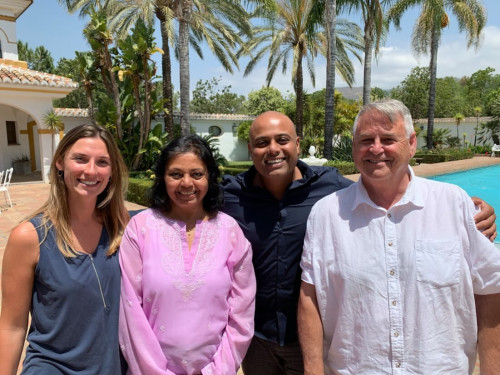





Camino Recovery
This provider's information has been quality-checked by Recovery.com's Research Team for accuracy and completeness, including center verification through appropriate third-party organizations.
Treatment Focus
You can admit to this center with a primary substance use disorder or a primary mental health condition. You'll receive support each step of the way and individualized care catered to your unique situation and diagnosis.
Primary Level of Care
Offering intensive care with 24/7 monitoring, residential treatment is typically 30 days and can cover multiple levels of care. Length can range from 14 to 90 days typically.
Treatment Focus
You can admit to this center with a primary substance use disorder or a primary mental health condition. You'll receive support each step of the way and individualized care catered to your unique situation and diagnosis.
Primary Level of Care
Offering intensive care with 24/7 monitoring, residential treatment is typically 30 days and can cover multiple levels of care. Length can range from 14 to 90 days typically.
Private Pay
You pay directly for treatment out of pocket. This approach can offer enhanced privacy and flexibility, without involving insurance. Exact costs vary based on program and length of stay. Contact the center for specific details.
Camino Recovery
Camino Recovery
About Camino Recovery
Camino Recovery, located near Málaga on Spain’s southern coast, empowers clients with substance use, behavioural, and mental health challenges to improve their quality of life, reduce unnecessary pain, and regain independence. Their intimate, private-pay residential programme includes medically supervised detox and is limited to just eight clients at a time. With a minimum stay of 30 days, clients spend between one and three months immersed in healing among the serene Andalusian mountain villages and the nearby Mediterranean coastline. Many leave feeling rejuvenated and equipped to face life’s challenges in a healthier, more grounded way.
Move Mind, Body, and Spirit Forward
Camino Recovery’s high-calibre therapists bring deep expertise in treating co-occurring conditions and dual diagnosis, integrating a range of evidence-based therapies into each client’s personalised programme. Methods include talk therapy, artistic expression, education, 12-Step facilitation, and more. Clients benefit from both individual and group therapy, focusing on what matters to them personally while gaining insight from shared experiences. To quiet the mind and strengthen the body, additional holistic treatments include massage, meditation, acupuncture, and personal fitness training.
Bring Joy Back into Family Relationships
Addiction is a family illness, impacting not just the client but their entire support system. Camino Recovery’s 4- or 5-day Healing the Family workshop helps families overcome pain and dysfunction, no matter the severity. Through an emotional yet transformative process, families gain the tools to heal, grow, and rebuild stronger, healthier relationships.
Feel Safe, Relaxed, Inspired & at Home
Within 30 minutes of Málaga International Airport, Camino Recovery's tranquil residence offers panoramic views of the Mediterranean Sea and Tejeda Mountains. Their private and shared suites, each with a spacious ensuite, ensure comfort and rest. Clients can unwind in walled gardens, by the palm-lined pool, or with alfresco dining featuring fresh, locally sourced cuisine. While technology use is structured, individual needs are considered to maintain both flexibility and clinical excellence.

Highlights from the Center
Highlights
These highlights are provided by and paid for by the center.
Equine Therapy
Family Owned & Operated
Trauma-Informed Care
Master's Level Therapists
Center Overview
Treatment Focus
You can admit to this center with a primary substance use disorder or a primary mental health condition. You'll receive support each step of the way and individualized care catered to your unique situation and diagnosis.

Camino Recovery
Pricing and Program Length
Estimated Center Costs
The cost listed here (€28,500 per month), is an estimate of program cost. Center price can vary based on program and length of stay. Contact the center for more information. Recovery.com strives for price transparency so you can make an informed decision.
Recovery.com Verified Listing
Recovery.com verified that the name, location, contact information and license to operate for this treatment provider are valid and up-to-date.
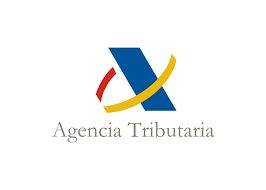
Licensed by Malaga
Recovery.com is an independent, third-party mental health resource. Verification does not imply endorsement and does not guarantee the quality of treatment services.
Meet your care team
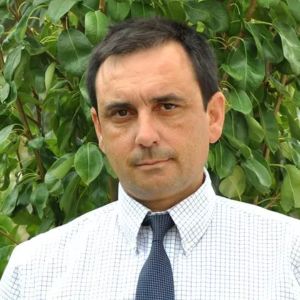
Dr. José Manuel Sánchez
Consultant Psychiatrist
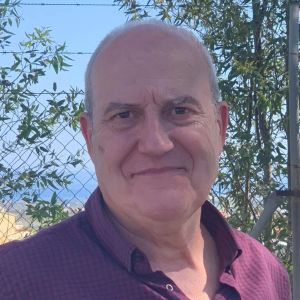
Dr. RAFAEL CAMPOS CLOUTÉ
Consultant Doctor
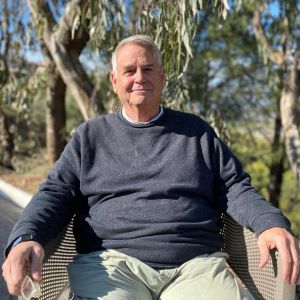
Don Lavender
Programme Director
BA, MDiv,
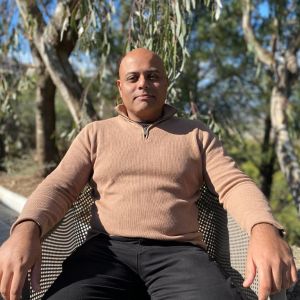
Ameet Braich
Clinical Director
BEng, MA, CADC (IC&RC)
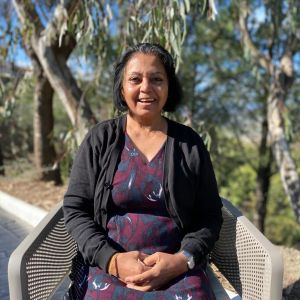
Meena Lavender
Director and Family Therapist

Inés García Hierrezuelo
Clinical Psychologist
BA, MA

Dr Vik Patel
DBT Therapist
BSc,MSc, DPsych
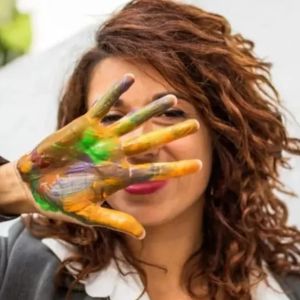
Araceli Guiote
Art Therapist
PhD
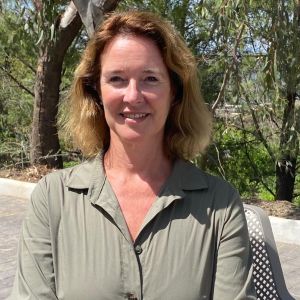
Janet Floyer
Creative Writing Therapist
MA

Andrea Taylor
Clinical Outreach
MSc MBACP, FDAP
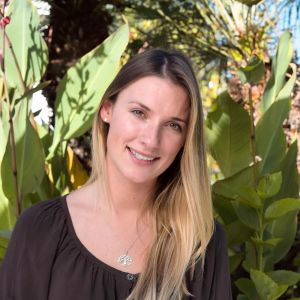
Loren Eden
Intake coordinator, Administration and Finance
BSc

Mier Weaver
Intake Coordinator
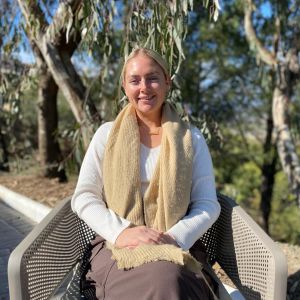
Katie Scully
Clinical Aid
BA
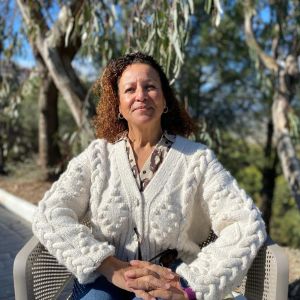
Yvonne Lewis
Clinical Aid/Chef
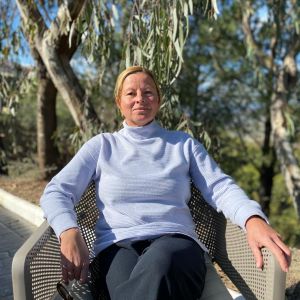
Nicki Bracey
Clinical Aid
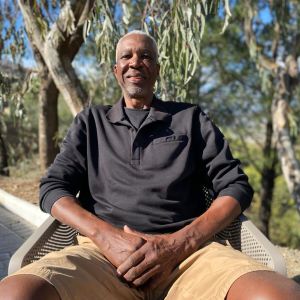
Lionel Billingy
Clinical Aid/Spiritual Advisor
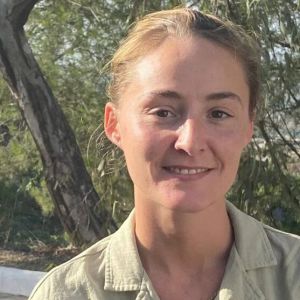
REBECCA O'CONNOR
Clinical Aid and Yoga Teacher

Mari Carmen Silva Aparicio
Chef
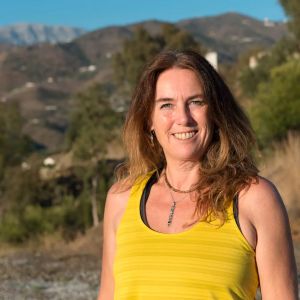
Tanya Boucher
Yoga Instructor
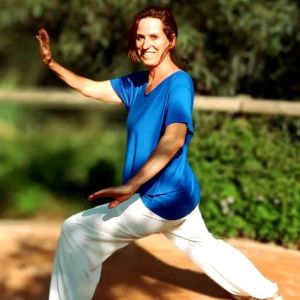
lIV jACOBS
Tai Chi & Qi Gong Wellness Expert

Alex Fenn
Massage Therapist

Joanna Lissel
Massage and Personal Training




Your Care Options
Specializations
Cocaine
Cocaine is a stimulant with euphoric effects. Agitation, muscle ticks, psychosis, and heart issues are common symptoms of cocaine abuse.
Post Traumatic Stress Disorder
PTSD is a long-term mental health issue caused by a disturbing event or events. Symptoms include anxiety, dissociation, flashbacks, and intrusive thoughts.
Depression
Symptoms of depression may include fatigue, a sense of numbness, and loss of interest in activities. This condition can range from mild to severe.
Drug Addiction
Drug addiction is the excessive and repetitive use of substances, despite harmful consequences to a person's life, health, and relationships.
Executives
Executive treatment programs typically directly support the needs of people who manage businesses and may provide flexible schedules and office space to allow work during treatment.
Trauma
Some traumatic events are so disturbing that they cause long-term mental health problems. Those ongoing issues can also be referred to as "trauma."
Alcohol
Using alcohol as a coping mechanism, or drinking excessively throughout the week, signals an alcohol use disorder.
Burnout
Burnout entails mental and physical exhaustion, and leads to a severe lack of fulfillment. This condition is often caused by overwork.
Who We Treat
Veterans
Patients who completed active military duty receive specialized treatment focused on trauma, grief, loss, and finding a new work-life balance.
Men and Women
Men and women attend treatment for addiction in a co-ed setting, going to therapy groups together to share experiences, struggles, and successes.
Young Adults
Emerging adults ages 18-25 receive treatment catered to the unique challenges of early adulthood, like college, risky behaviors, and vocational struggles.
LGBTQ+
Addiction and mental illnesses in the LGBTQ+ community must be treated with an affirming, safe, and relevant approach, which many centers provide.
Executives
Executive treatment programs typically directly support the needs of people who manage businesses and may provide flexible schedules and office space to allow work during treatment.
Midlife Adults
For adults ages 40+, treatment shifts to focus on the unique challenges, blocks, and risk factors of their age group, and unites peers in a similar community.
Older Adults
Addiction and mental health treatment caters to adults 55+ and the age-specific challenges that can come with recovery, wellness, and overall happiness.
Treatment Services
Residential
In a residential rehab program, patients live onsite, with access to daily treatment and 24-hour care. An average stay is 30-90 days.
Intensive Family Program
Some rehabs offer intensive programs for loved ones. Group and individual therapy sessions help everyone heal, and improve family dynamics.
Detox
Detox fully and safely removes toxic substances from the body, allowing the next steps in treatment to begin with a clean slate.
Approaches
Holistic
A non-medicinal, wellness-focused approach that aims to align the mind, body, and spirit for deep and lasting healing.
Evidence-Based
A combination of scientifically rooted therapies and treatments make up evidence-based care, defined by their measured and proven results.
Family Involvement
Providers involve family in the treatment of their loved one through family therapy, visits, or both–because addiction is a family disease.
Therapies
Spiritual Care
Tending to spiritual health helps treatment become more effective, allowing patients to better cope with their emotions and rebuild their spiritual wellbeing.
1-on-1 Counseling
Patient and therapist meet 1-on-1 to work through difficult emotions and behavioral challenges in a personal, private setting.
Family Therapy
Family therapy addresses group dynamics within a family system, with a focus on improving communication and interrupting unhealthy relationship patterns.
Equine Therapy
Guided interactions with trained horses, their handler, and a therapist can help patients improve their self-esteem, trust, empathy, and social skills.
Adventure Therapy
This experiential approach uses the physical and emotional challenges of outdoor activities as tools for personal growth.
Acceptance and Commitment Therapy (ACT)
This cognitive behavioral therapy teaches patients to accept challenging feelings and make the appropriate changes to reach personal goals.
Twelve Step Facilitation
12-Step groups offer a framework for addiction recovery. Members commit to a higher power, recognize their issues, and support each other in the healing process.
Conditions We Treat
Post Traumatic Stress Disorder
PTSD is a long-term mental health issue caused by a disturbing event or events. Symptoms include anxiety, dissociation, flashbacks, and intrusive thoughts.
Anxiety
Anxiety is a common mental health condition that can include excessive worry, panic attacks, physical tension, and increased blood pressure.
Depression
Symptoms of depression may include fatigue, a sense of numbness, and loss of interest in activities. This condition can range from mild to severe.
Grief and Loss
Grief is a natural reaction to loss, but severe grief can interfere with your ability to function. You can get treatment for this condition.
Codependency
Codependency is a pattern of emotional dependence and controlling behavior. It's most common among people with addicted loved ones.
Suicidality
With suicidality, a person fantasizes about suicide, or makes a plan to carry it out. This is a serious mental health symptom.
Obsessive Compulsive Disorder (OCD)
OCD is characterized by intrusive and distressing thoughts that drive repetitive behaviors. This pattern disrupts daily life and relationships.
Pornography Addiction
A person with a porn addiction is emotionally dependent on pornography to the point that it interferes with their daily life and relationships.
Gambling
Excessive, repetitive gambling causes financial and interpersonal problems. This addiction can interfere with work, friendships, and familial relationships.
Substances We Treat
Cocaine
Cocaine is a stimulant with euphoric effects. Agitation, muscle ticks, psychosis, and heart issues are common symptoms of cocaine abuse.
Prescription Drugs
It's possible to abuse any drug, even prescribed ones. If you crave a medication, or regularly take it more than directed, you may have an addiction.
Benzodiazepines
Benzodiazepines are prescribed to treat anxiety and sleep issues. They are highly habit forming, and their abuse can cause mood changes and poor judgement.
Ecstasy
Ecstasy is a stimulant that causes intense euphoria and heightened awareness. Abuse of this drug can trigger depression, insomnia, and memory problems.
Co-Occurring Disorders
A person with multiple mental health diagnoses, such as addiction and depression, has co-occurring disorders also called dual diagnosis.
Drug Addiction
Drug addiction is the excessive and repetitive use of substances, despite harmful consequences to a person's life, health, and relationships.
Chronic Relapse
Consistent relapse occurs repeatedly, after partial recovery from addiction. This condition requires long-term treatment.
Heroin
Heroin is a highly addictive and illegal opioid. It can cause insomnia, collapsed veins, heart issues, and additional mental health issues.
Languages
Aftercare
Care Designed for Your Needs
Personal Amenities
Amenities
Special Considerations
Executive Program
Addiction and mental health treatment for executives typically involves high discretion, greater technology access, and more private, 1-on-1 care.
Activities
Yoga
Yoga is both a physical and spiritual practice. It includes a flow of movement, breathing techniques, and meditation.
Off-Site Activities
Learn More About the Center
Family Therapy & Addiction
Find out how family therapy helps repair relationships and supports recovery.
11 Tips for Sober Socializing
Discover how to build a social network without drugs and alcohol.
5 Benefits of EMDR Therapy
Learn ways this approach is helpful for people with addiction and trauma.
Press & Media
Read articles about Camino Recovery’s impact in addiction and mental health.
What people are saying
Accommodations
Food & Nutrition
Treatment
Value
Pros
- Beautiful Location (4)
- Excellent & Effective Treatment Programming (5)
- Personalized (4)
- Friendly & Competent Staff (5)
See More
John D
S.G.H.
Bella- Eloise
Letita
Anonymous
We love hearing about your treatment experience
Help individuals and families seeking treatment by sharing your first-hand experience with this treatment provider. Review Guidelines.





